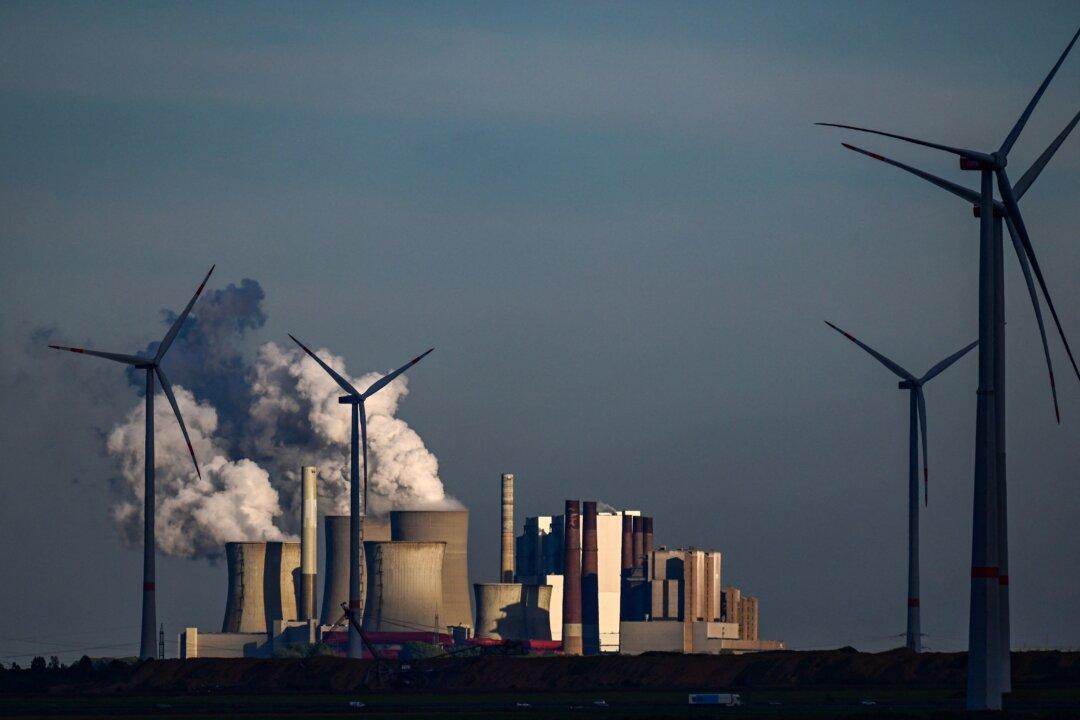The director of a construction company based in central Queensland has labelled the GenCost reports “a load of junk,” pointing out many problems with them.
GenCost reports provide insights into electricity generation and storage costs in Australia by peak science agency, CSIRO, and the Australian Energy Market Operator (AEMO).





